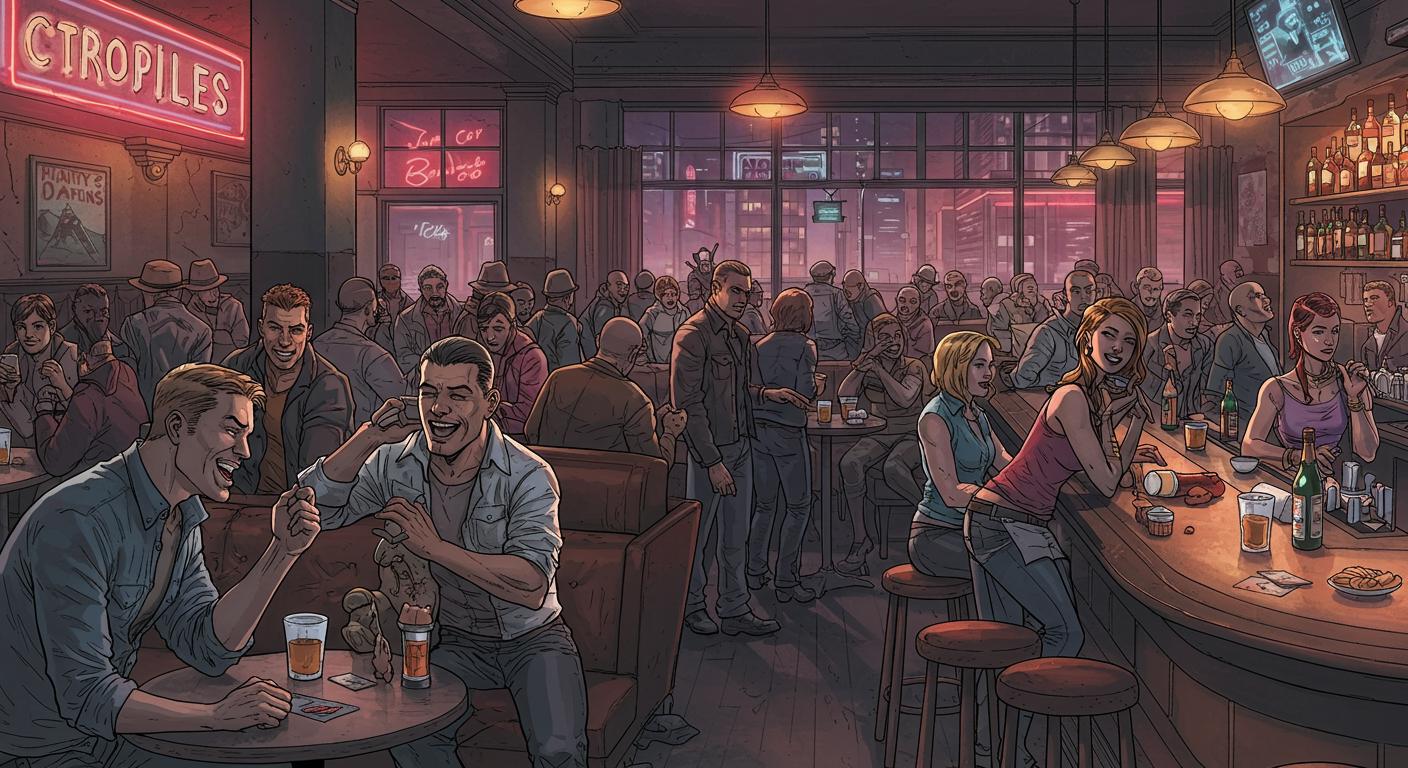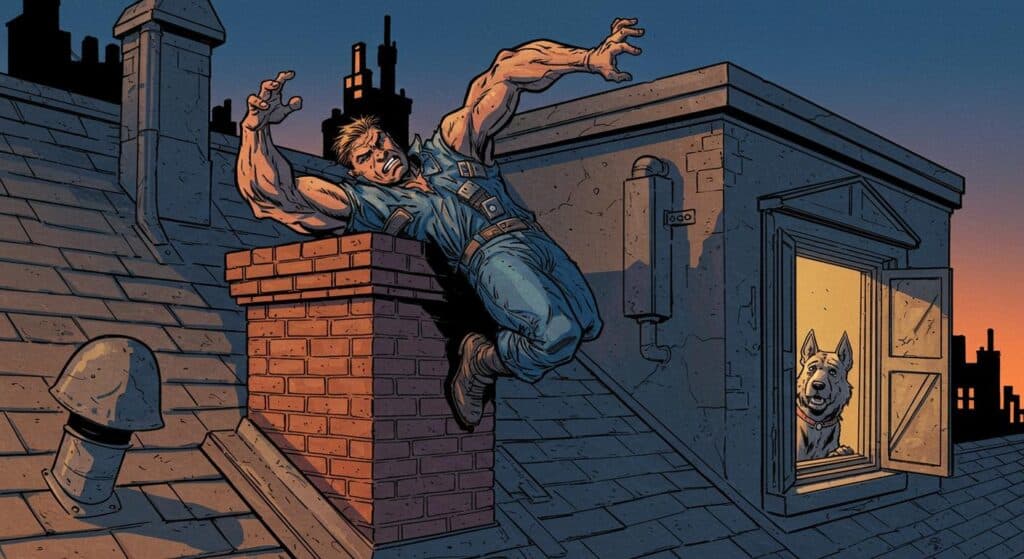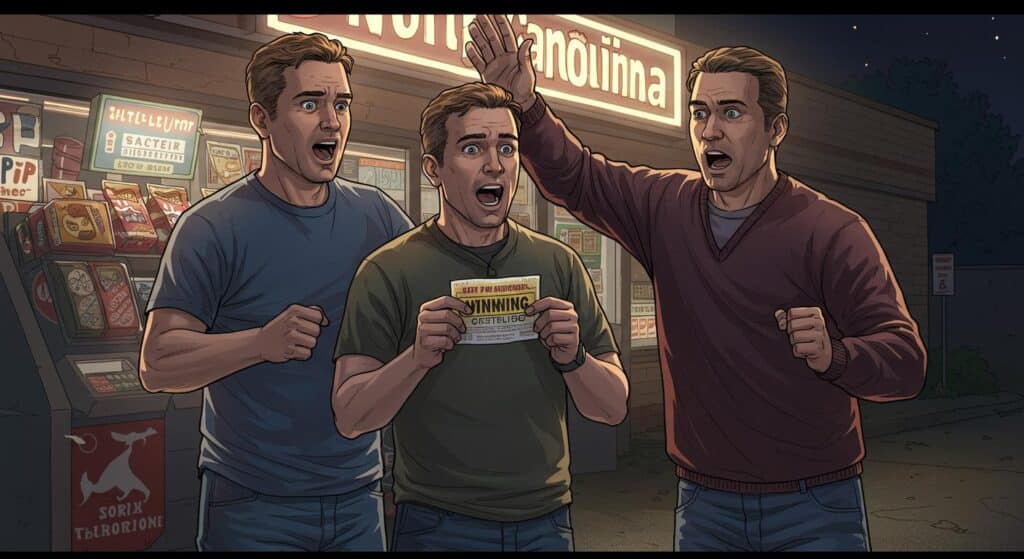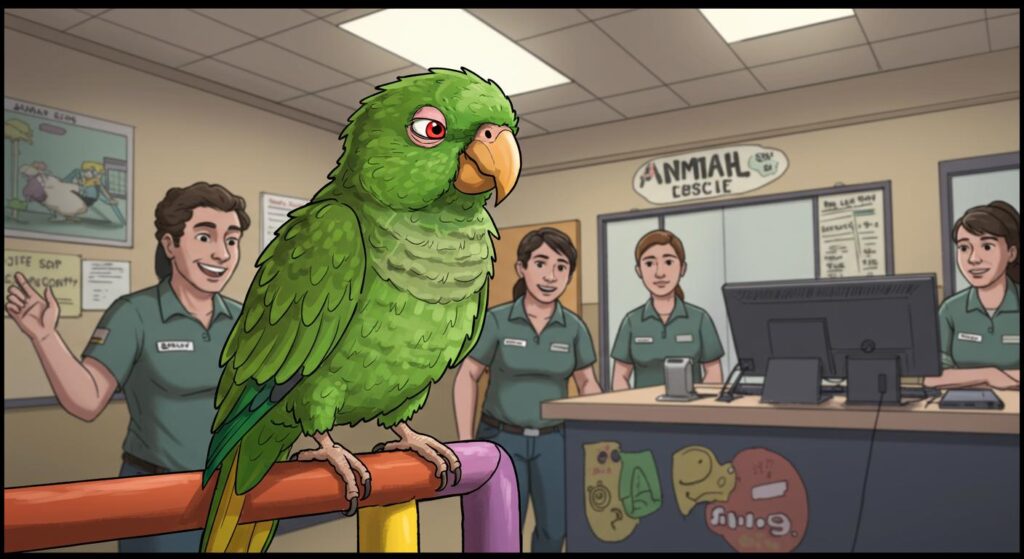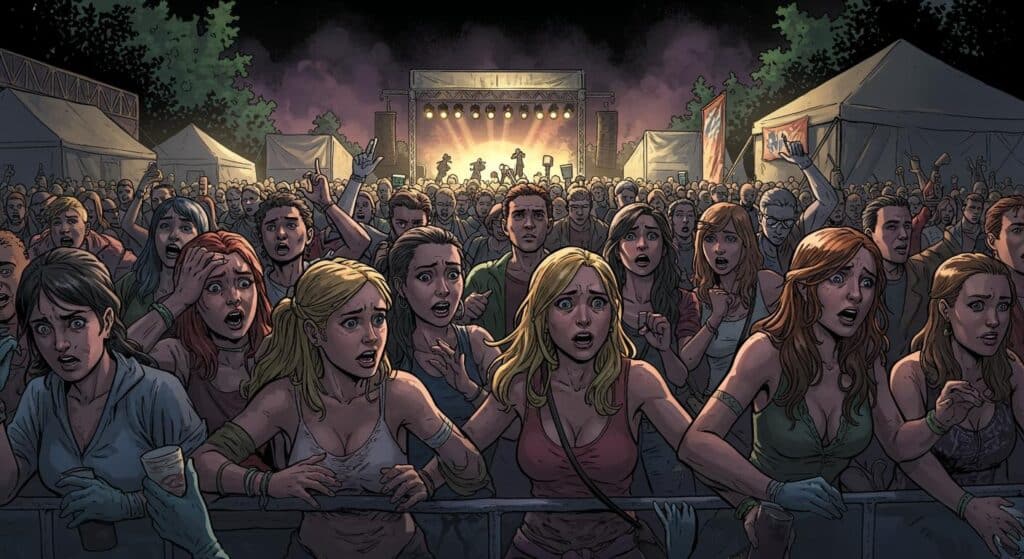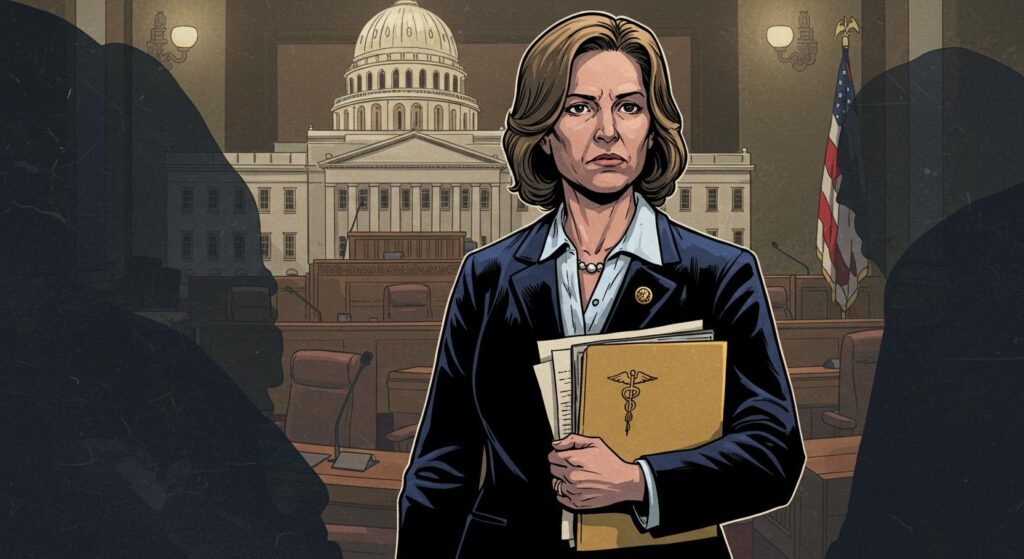The phrase “unforeseen consequences” covers a lot of territory, but even that feels a stretch when considering the mix of the mundane and the mildly risqué on display in Barnsley’s Victorian Arcade this week. The Country Club, a well-known spot in the local nightlife landscape, just secured permission to extend opening hours—despite one truly odd incident becoming a headline: public “breast jiggling” near an optician’s window.
Licenses, Late Nights, and Carnival Sideshow Moments
An application to push The Country Club’s closing time from 11:00pm to 2:00am went before Barnsley Council’s licensing committee, with BBC reporting documenting both the serious and the farcical. The headline-grabbing objection came from the owner of a neighboring optician, who described a woman—caught on CCTV—“jiggling her breasts at customers, one of whom was an 85-year-old man.” This demonstration, apparently part of a wider trend of questionable street antics, wandered front and center into licensing debate.
The Local Democracy Reporting Service adds that Phillip Potter, owner of The Spectacle Shop, acknowledged some occurrences were beyond the bar’s control, but argued the general environment still suffered. In a detail highlighted at the council hearing, Potter lamented the impact of persistent noise from bargoers, claiming up to 40% of retail sales can vaporize if his shop must close doors and windows. Sometimes, running a business is less about crafting the perfect glasses and more about bracing for the unexpected parade outside.
Untangling Accountability: Where Does the Party (and the Blame) Start?
The licensing meeting struggled to draw a clear boundary between bar stewardship and the all-too-public street revels passing through the arcade. Solicitor Michelle Hazlewood, representing bar owners Rebecca and Paul McNicholas, responded to another unusual episode—a hen party wielding a blow-up doll—by confirming that those responsible were simply wandering the arcade, not The Country Club’s actual clientele. It raises a perennial question in licensing debates: where do a venue’s responsibilities end and general British merrymaking begin?
To address ongoing concerns, the outlet notes that the Country Club laid out a series of concessions. These included restricting outdoor music before 5:30pm, introducing regular noise monitoring, and providing extra supervision outside during peak hours. The bar agreed to ramp up CCTV, implement a dispersal policy to streamline closing-time exits, and maintain better communication with neighboring businesses. Notably, an objection from Gallagher’s Cafe was quietly withdrawn after these reassurances were offered.
Importantly, council records cited by the BBC confirm that no incidents requiring police attention have been linked to the venue. Written submissions also pointed to The Country Club’s involvement with safety initiatives like Purple Flag accreditation and the Best Bar None scheme. The owners themselves, already behind two long-standing Barnsley nightspots—Annie Murray’s and Pure Pop—could credit their 20-plus years of experience with helping reassure the committee.
Civic Order, Human Oddity, and the Persistence of the Peculiar
In the end, as officials told the Local Democracy Reporting Service, Barnsley Council’s licensing regulatory board sub-committee approved The Country Club’s extended hours unanimously. Perhaps it’s a victory for the night economy, or simply an acknowledgement that a few isolated antics—however memorable—don’t quite tip the scales against responsible operation.
One can’t help but marvel at the way genuinely odd moments wind up immortalized in council minutes: breast jiggling meets civic discourse. Does it represent a breach of public decency, or simply the price of occupying a lively city center? Is it a wake-up call about “atmosphere,” or just another Tuesday in Yorkshire’s nightlife ecosystem? For every dispersal policy, it seems there’s at least one unpredictable passerby to keep things interesting.
It bears considering: maybe local democracy, at its best, is partly about balancing the need for order with a tolerance for the unpredictable quirks of public life. For now, The Country Club keeps its late license, but everyone in the arcade will likely be watching their windows with a touch more curiosity—and perhaps a little less surprise—the next time spectacle spills from pub to street.

